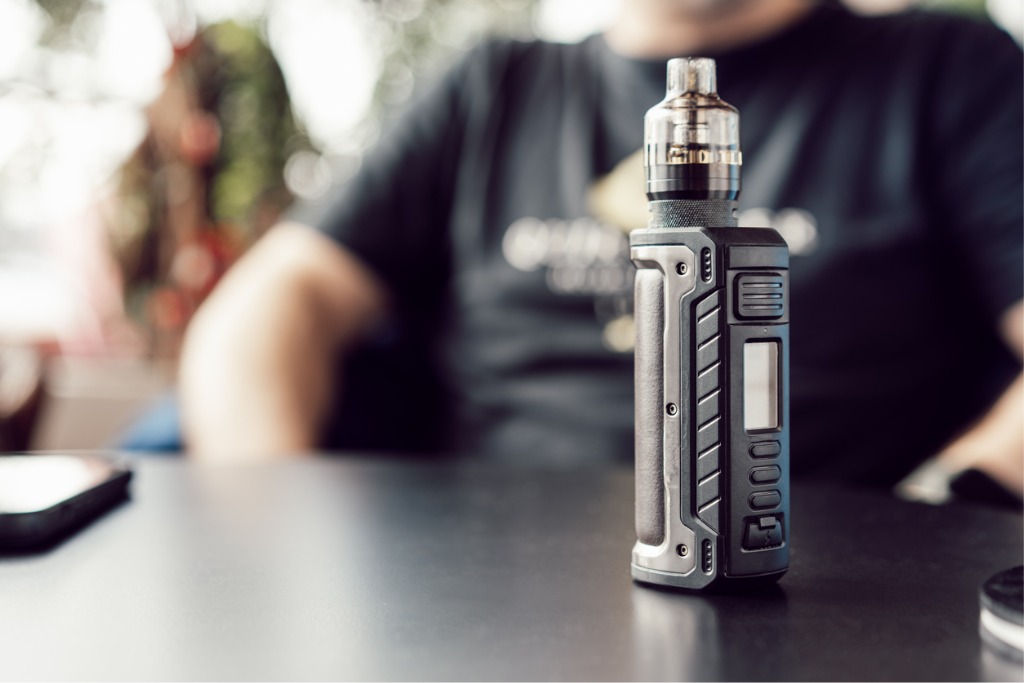
Signs of Immunodeficiency
Immunodeficiency disorders disrupt the body’s ability to defend itself against harmful substances, such as bacteria, viruses, and parasites. This type of disorder makes it easier for a person to catch viruses and bacterial infections. Primary immunodeficiency (PI) diseases are caused by hereditary or genetic defects. While some disorders are present at birth or in early childhood, primary immunodeficiency can affect anyone, regardless of age.
Primary immunodeficiency causes both children and adults to have infections that come back frequently. The most common signs of immunodeficiency include:
- Four or more new ear infections within one year
- Two or more months on antibiotics with little effect
- Develop pneumonia twice over any time
- Three or more episodes of bacterial sinusitis in one year
- Recurrent, deep skin or organ abscesses
- Need for intravenous antibiotics to clear infections
- A family history of PI
What is the immune system?
The overall function of the immune system is to prevent or limit infection. The immune system is capable of distinguishing between normal, healthy cells and unhealthy cells by recognizing a variety of “danger” cues and remembering the “face” of a germ. Once the immune system has successfully battled that dangerous germ, we often become less susceptible to recurring infections caused by that specific germ.
When someone has an immunodeficiency disorder, their immune system doesn’t work correctly. Therefore, patients with PI commonly have an increased susceptibility to infection. The infections can occur anywhere on the body, including in the skin, sinuses, throat, ears, lungs, brain or spinal cord, or the urinary or intestinal tracts.
How are immune disorders treated?
The treatment for each immunodeficiency disorder will depend on the specific conditions. The goal of treating an immune deficiency is to help the individual regain or maintain control of their life. Treatment for immunodeficiency disorders may include:
Antimicrobial Therapy
Antimicrobials, such as antibiotics and antifungals, are medications that kill or inhibit bacteria, viruses, and funguses. They are used when signs of an infection are present, such as a sinus or ear infection.
Immunoglobulin Replacement Therapy
Immunoglobulin is another name for an antibody. Antibodies are the proteins that occur naturally in the body and help fight off infections. People who are unable to produce adequate amounts of immunoglobulins may benefit from immunoglobulin replacement therapy. This therapy is given to boost antibody levels when they are low, helping strengthen the immune system and help fight infection.
If you think you have a primary immunodeficiency, talk to an allergist at Northeast Allergy, Asthma & Immunology. Some primary immunodeficiency disorders can mimic other conditions like allergies, asthma or eczema. An evaluation is necessary for reaching a diagnosis and developing an effective treatment plan. Contact us today to schedule your appointment.



